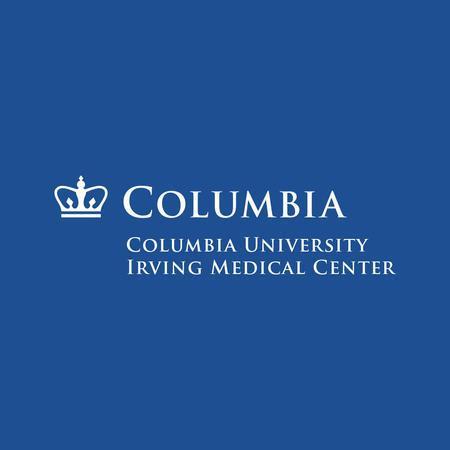Jean C. Emond, MD
Closed
Photos
622 W 168th St Fl 14
New York, NY 10032
Dr. Emond is the Vice Chairman of Surgery at Columbia University. He has over 30 years of experience performing liver transplantation and complex liver and biliary surgery in children and adults, including the first living donor liver transplantation (LDLT) in the United States. Dr. Emond has published extensively in this field and was the co-chair of the NIH A2ALL program for 13 years. In collaboration with the department of Medicine at Columbia, Dr. Emond recruited the leadership of the Columbia Center for Translational immunology that created the foundation for translational and clinical research in transplantation tolerance. This will lead the way to inducing transplant tolerance in liver patients with the mixed chimerism strategy. As Director of Transplantation at the Columbia University Medical Center Dr. Emond’s activities foster clinical excellence and research across all 11 of the solid organ transplant programs at the Medical Center. In recognition of his national and international leadership in transplantation, Dr. Emond is the past president of the American Society of Transplant Surgeons, the pre-eminent association of a transplant surgery. Contribution to Science Living donor liver transplantation Dr. Emond has spent a substantial portion of his career developing living donor liver transplantation and studying the safety of the procedure in both the donor and recipient. He participated in the first living donor liver transplant in the United States and focused on refining the techniques of performing living donor liver transplants and split liver transplants. He was the national co-chair of the NIH-sponsored Adult-to-Adult Living Donor Liver Transplantation (A2ALL) consortium from 2002 to 2015 to study the safety and outcomes of living donor liver transplants. Hepatic resection/ischemia Dr. Emond developed techniques for surgical resection of liver tumors and studied the effect of ischemia during resection on postoperative liver function. These studies include the outcomes of the extent of hepatectomy, the biochemical response to major hepatectomy and ischemia-reperfusion injury of the liver in rodent models. He has studied the clinical safety of inducing total vascular exclusion to provide a bloodless field during the liver transection. This has applications in both liver cancer and living donor hepatectomies. Hepatocellular carcinoma treatment Dr. Emond has studied many aspects of managing patients with hepatocellular carcinoma. These studies have included characterizing the risk factors for recurrence of disease following transplantation due to comorbidities and tumor characteristics. The research team has also studied the optimal method of preventing tumor growth in patients with HCC on the liver transplant wait list in addition to optimal strategies of liver allocation to optimize outcomes following liver transplantation. These studies have contributed to proposed changes in UNOS exception point allocation for liver transplant candidates with HCC. Pediatric liver transplantation Dr. Emond helped develop the field of pediatric liver transplantation. Contributions to this field include: the use of living donors for pediatric patients; use of auxiliary liver transplants for metabolic diseases; use of partial liver grafts for pediatric patients; and technical modifications that improved outcomes for this patient population. Visit The Center for Liver Disease and Transplantation at columbiasurgery.org/liver
Also at this address
Owner verified
See a problem?








